Posted on 6/23/2025
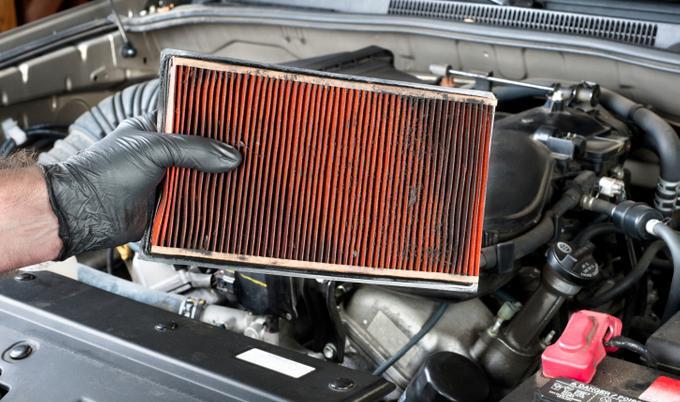
Changing your air filter every 18 months is crucial for maintaining the health and efficiency of your HVAC system and vehicle engine. Don’t believe us? Here is Fram, a major air filter manufacturer and their recommendations. While the exact frequency can vary depending on usage and environmental factors, an 18-month interval serves as a reasonable benchmark for many situations. Improved Air Quality and Health Air filters trap dust, pollen, pet dander, and other airborne pollutants. Over time, these filters become clogged, reducing their ability to clean the air inside your home or vehicle. Regular replacement ensures that the air circulating is cleaner, reducing allergens and improving overall indoor air quality, which is especially important for individuals with allergies or respiratory issues. Energy Efficiency and Cost Savings A clogged air filter restricts airfl ... read more
Posted on 6/16/2017
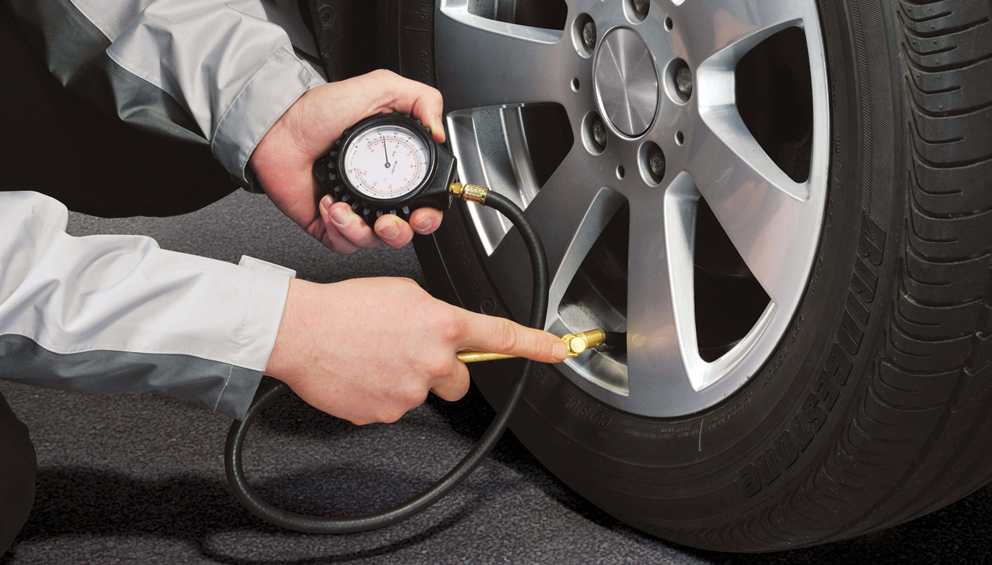
Tire InstallationHow to Properly Inflate Your Tires to Stay Safe on the Road (Part 3) NOTE: This is the second part of our series on tire inflation. Please click here for Part 1, and click here for part 2. Always make sure your tires are inflated properly. Here's how: 1. Go over at a gas station that has a compressor with an indicator.2. Position your car so you can reach to all four wheels.3. Check the pressure specifications of the wheels. Search for a label that can be found on the door, the glove compartment or trunk.4. Remove the plastic lid from the valve and put it somewhere safe so you don't lose it.5. Verify the pressure with your gauge or with the one at the gas station. Click on the valve device and clasp it tightly. If you notice a whistling sound, it ... read more
Posted on 6/15/2017
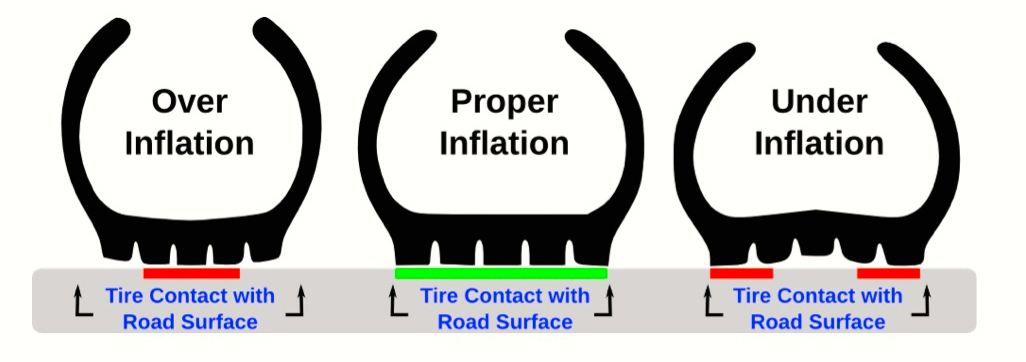
Tire InstallationHow to Properly Inflate Your Tires to Stay Safe on the Road (Part 2) NOTE: This is the second part of our series on tire inflation. Please click here for Part 1. How do you check the inflation level of your tires? There are many people who are unsure how to do this or people who think they can just look at a tire to determine if it is under or over-inflated. Estimating the air pressure level in your tire by looking at them will never give you accurate results. There is a small tool that can be purchased at any auto supply store, as well as many home improvement centers, and perhaps your local hardware store. It's called a tire pressure gauge, and you can simply place it on the nozzle of your tire and get a reading of the air pressure within your tires. Trying to gauge it by eye may result in 20% over-inflated ... read more
Posted on 6/14/2017
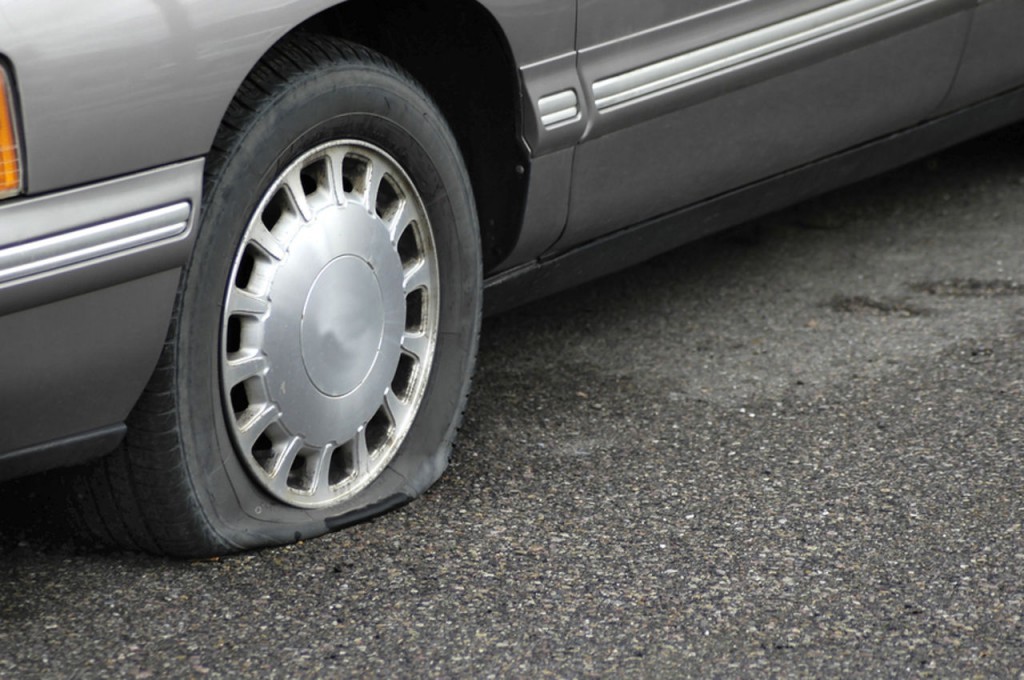
Tire InstallationHow to Properly Inflate Your Tires to Stay Safe on the Road (Part 1) Your vehicle's tires are obviously important- and if you've ever experienced a tire blowout while driving, you know how frightening it can be. It can throw your car around, which can be disastrous if you are not able to get it back under control. Everyone understands the importance of having tires on their vehicle, but what's odd about it is most people don't take the time to check their tires - or are not checking them frequently enough. In fact, studies show that tires are the most neglected part of a vehicle. When your tires are not properly inflated, it is not only a safety hazard, but you end up costing yourself more money since under, or over-inflated tires will reduce your vehicle's gas mileage. With the ever-increasing price of fuel, this can result in a large amount of wasted money. The actual life of your tire is also reduced with un ... read more
Posted on 8/18/2016
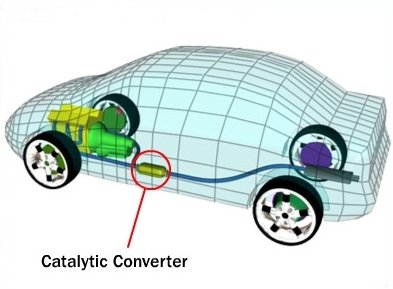
The Role of the Exhaust System. The exhaust system is about more than just getting rid of the gas out of the rear of the vehicle as it actually plays a major role in making sure that your vehicle works efficiently. What it does is it pulls away various hazardous gases and emissions from the engine that could potentially cause a problem if they are allowed to build up, drags these emissions under your feet in the vehicle, and gets rid of them. However, there is more to it than just that; it does not just take these harmful emissions and just put them into the environment, but it also converts them into a less harmful version before they exit through the tail pipe. This is certainly impressive, and what is even more interesting is that the entire exhaust system has virtually no moving parts, so it really is a feat of engineering. How to Tell That There is an Issue. Determining that something is wrong is rather easy. For example, you may notice an increa ... read more